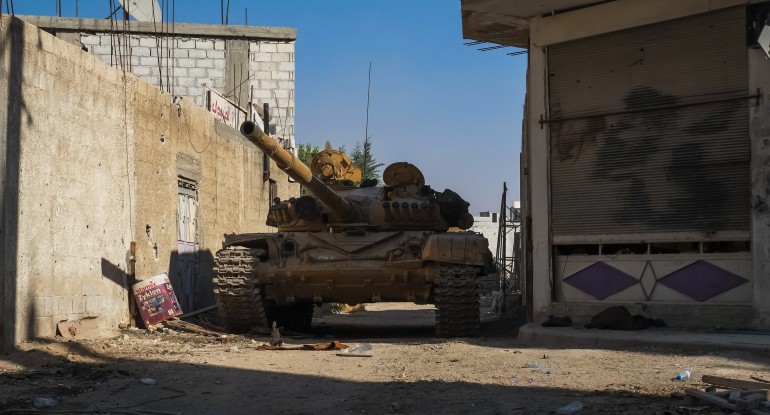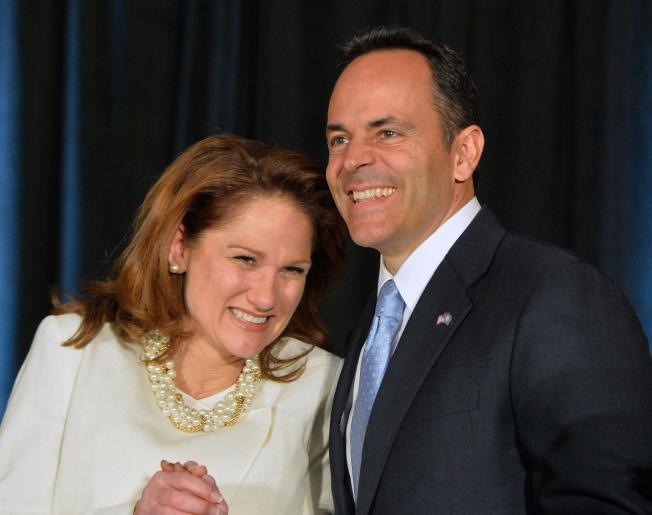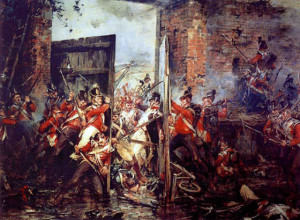
The US foreign policy conducted by the Obama administration has been a disaster all along. He abandoned Iraq and the rise of ISIS has followed. I have read “Black Flags“, which describes how the al Qeada organization of Abu Musab al-Zarqawi has morphed into ISIS after Obama pulled US forces out of Iraq. Now, as Richard Fernandez explains in another masterful analysis, Assad is about to rout the last of the non-ISIS opposition.
Reuters reports that Bashal al-Assad’s forces have made major advances behind a major Russian air offensive and are now poised to destroy the non-ISIS rebels opposing the Syrian government is rocking the foreign policy establishment. “After three days of intense fighting and aerial bombardment, regime forces, believed to include Iran-backed Shia militias, broke through to the formerly besieged regime enclaves of Nobul and Zahra.”
The Russians have been surprising US military leaders in ways that are very unpleasant.
The performance of the miniature, “rust bucket” Russian air force has formed an invidious baseline to what the USAF has achieved. The Independent reported:
Their army’s equipment and strategy was “outmoded”; their air force’s bombs and missiles were “more dumb than smart”; their navy was “more rust than ready”. For decades, this was Western military leaders’ view, steeped in condescension, of their Russian counterparts. What they have seen in Syria and Ukraine has come as a shock.
Russian military jets have, at times, been carrying out more sorties in a day in Syria than the US-led coalition has done in a month.
We are not serious and the US military has to wonder what will happen if Putin decides to take the Baltic republics.


